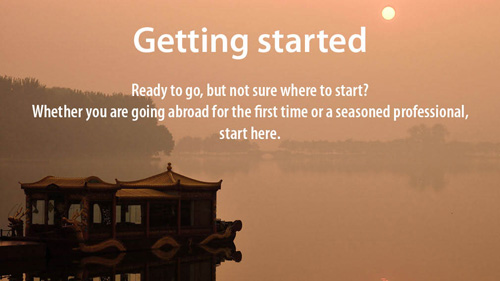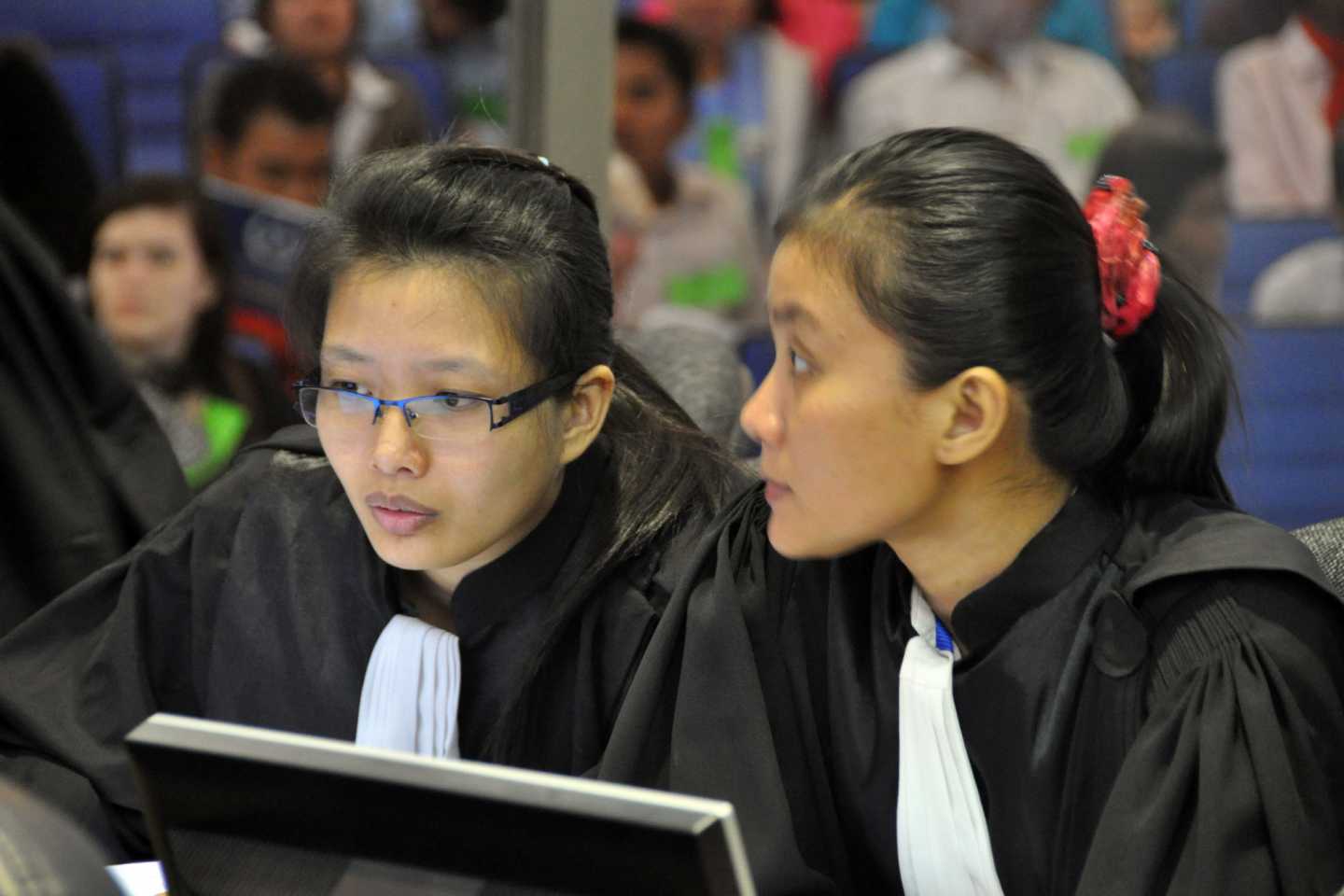There are various international criminal courts and tribunals, including the International Criminal Court (ICC), which officially began its operations on July 1, 2002, and became the first permanent international criminal court in the world. The ICC is governed by the Rome Statute, a multilateral treaty, and consists of 124 member states. When nations are unwilling, or unable to prosecute criminals, the ICC takes action against these individuals. To date, the ICC has indicted 39 individuals, including South Sudanese president, Omar al-Bashir, and Joseph Kony, a Ugandan rebel leader.
What does it take to work as an international criminal lawyer?
During law school, focus your studies on criminal litigation and seek out mentors in the field. Take advantage of any extracurricular opportunity at law school, or in your community, that is related to criminal law, by participating in human rights clinics, moot court cases, and volunteering for social justice advocacy groups. Seek out paid and unpaid summer internships that have international components, or look for placements that will allow you to gain skills and confidence in cross-cultural environments, through volunteer or work placements. Cultivate your second language skills early on: learn one of the official UN languages, including English, French, Arabic, Chinese, Russian and Spanish.
If your end goal is working at an international court, or tribunal, take small steps in the right direction. Remember: most lawyers who are practicing international criminal law started their careers by first becoming good criminal lawyers at home. Apply to do your articling at a criminal justice firm. What you’ll learn at a local attorney’s office, as a defender, or prosecutor, in terms of managing a large volume of cases, interviewing witnesses, gathering evidence, and prosecuting, or defending clients, will transfer to an international context.
Aside from gaining three to five years of experience at home, consider specializing during your education. International jobs are highly competitive. Many applicants will have both a J.D. and LL.M. under their belts: so consider furthering your education via a Master’s in Law, specializing in international criminal law, human rights, or a related field.
Who’s hiring?
Experts agree that the best place for a young, emerging international criminal lawyer to get started is by applying for unpaid/paid internships at the ICC and Tribunals:
International Criminal Court (ICC)
The ICC’s headquarters are located in The Hague, Netherlands, although they also manage six field offices in Kinshasa and Bunia (Democratic Republic of the Congo), Kampala (Uganda), Bangui (Central African Republic), Nairobi (Kenya), and Abidjan (Cote d’Ivoire). They offer internship opportunities and entry-level positions, along with more established attorney positions. However, do take note that ICC jobs are highly coveted and hundreds of people apply. Check out the ICC’s internship and job postings, available online at: https://www.icc-cpi.int/jobs
Criminal Tribunals
During the 1990s, the United Nations created the first international tribunals to investigate crimes committed by military personnel, politicians and civilians during armed conflict. These tribunals operate based on domestic laws of the particular country, and are judged by individuals from those countries. These large tribunals report to the United Nations Security Council. To date the UN has established five tribunals, two of which are still active in operations:
→ International Criminal Tribunal for the former Yugoslavia (ICTY) (closed in 2017)
→ International Criminal Tribunal for Rwanda (ICTR) (closed in 2015)
→ Special Court for Sierra Leone (SCSL) (closed)
→ Extraordinary Chambers in the Courts of Cambodia (ECCC)
→ Special Tribunal for Lebanon (STL)
There are entry-level jobs and internships available at the criminal tribunals that are still operating, and positions are often open to all nationalities. Visit the official websites of the tribunals to view all job and internship postings, and learn about how you can apply.
Government Agencies/Departments of Justice
→ Canada: In the Department of Justice, the War Crimes Program strives to prevent the admissions of people to Canada who have committed war crimes, or atrocities; or to revoke the status, or citizenship of international war criminals; and, if necessary, investigate and prosecute individuals who have been responsible for acts of genocide, or mass violence around the world.
→ United States: The Office of Global Criminal Justice advises the Secretary of State on matters relating to war crimes, genocide, and mass atrocities, advising on U.S. policies for preventing, ending and responding to international crimes against humanity.
Non-governmental organizations (NGOs)
There are very few paid positions with non-governmental organizations (NGOs) in the area of international criminal law, but many offer unpaid internship opportunities, which help emerging lawyers gain critical experience in the field. Internship opportunities with NGOs are highly competitive, particularly those with larger organizations such as Amnesty International and Human Rights Watch. That said, many emerging lawyers look for ways to fund their own internships by approaching smaller NGOs with their skill-sets and expertise, and applying for funding from various research grants, typically offered by law schools.
Check out the internship postings offered by Amnesty International and Human Rights Watch. Below is a list of some of the larger NGOs that work in the area of international criminal law:
Amnesty International
Center for Justice and Accountability
Human Rights Watch
Humanitarian Law Center
International Center for Transitional Justice
International Commission for Missing Persons
International Committee of the Red Cross
International Republican Institute
National Democratic Institute
National Endowment for Democracy
No Peace without Justice
Open Society Foundations
United States Holocaust Memorial Foundation
Resources
→ Learn about the Coalition for the International Criminal Court (CICC), a global civil society network with over 2500 member organizations from 150 countries. Visit the CICC’s Resource Page to access a database of websites, info on best schools to attend, and relevant books.
→ Read the International Criminal Law Resource Guide published by the American Society of International Law (ASIL) for up-to-date information on international criminal law courts and tribunals, along with a complete list of international rules and regulations.
→ Check out the International Crimes Database, which has a searchable database for past, current, and ongoing international cases. The site also publishes up-to-date scholarly papers and news articles pertaining to international criminal law cases and trends.
→ Follow the work of NGOs, including Amnesty International and Human Rights Watch.
Job Boards
International Criminal Court (ICC) - https://www.icc-cpi.int/jobs
United Nations (UN) - https://careers.un.org/lbw/home.aspx?viewtype=SJ&vacancy=All
American Society of International Law (ASIL) - https://www.asil.org/job-board
International Law Student Association (ILSA) - https://www.ilsa.org/component/content/article/15-resources/51-jobs-a-internship-home
Conclusion
A career in international criminal law will give you the opportunity to work in collaborative, diverse settings and strive towards making a big impact in the world. Dule Vicovac, a Canadian international lawyer with criminal prosecution experience, says the most important thing to do is get out there and gain relevant professional experience. “People that need help need it from people with experience,” says Dule. “So, develop your skills, volunteer with vulnerable groups, do research [on international criminal law] and publish yourself.”
Add to Favorites


